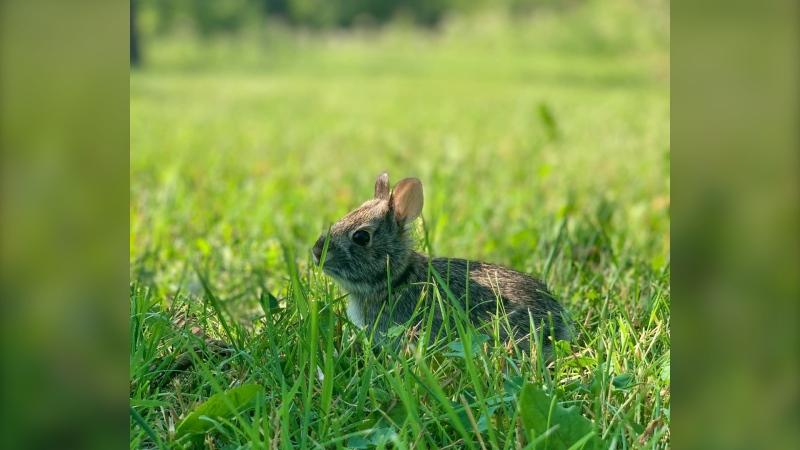
Spring is the time for new beginnings, new life and warmer weather.
With that, it means Manitoba’s wildlife is also bringing babies into the world.
Zoe Nakata, the executive director of Wildlife Haven, is reminding people to be aware of baby wildlife as they work on their yards and move on from the winter months.
“During the spring months, we see a huge influx of baby animals come in – about 1,000 a year of just babies,” said Nakata. “A lot of those cases could have been prevented with just a little bit of extra education or prevention.”
There are multiple cases every year where animals are brought in for care, but Wildlife Haven quickly learns they would have been fine if they were left alone.
“We’re really asking the community to help us make sure that the animals that do come into care absolutely need it, so sometimes, that requires a little bit more of that investigation.”
The most common animal Nakata said people come across are baby rabbits.
She said rabbits like to create their nests in tall grass, often found in people’s front or backyards, and they are usually covered.
“So you might not even know that you’ve got baby bunnies until you accidentally uncover (the nest).”
If people come across bunnies or any kind of baby wildlife, they are told to monitor them to see if the parents are around. If people are unsure, they can call Wildlife Haven and someone will talk them through the steps of what to do.
“Our team has a lot of really cool strategies to help determine if the parents have indeed abandoned the nest of baby bunnies. We got a whole lot of techniques where we can even get you to help the animal. If a baby bird has fallen from the nest, it’s completely appropriate to pick it up and put it back in the nest, so we’re more than happy to provide all of those details.”
Bringing an animal into human care is viewed as a last resort, Nakata said, noting people will never be able to take care of baby animals as well as their parents can.
However, if care is absolutely required, Nakata said the first step is to give them a call to figure out a solution.
“Then bring the animal directly to Wildlife Haven. It’s really the best way to make sure that animal is going to see the quickest care and the best care possible, as quickly as possible.”
For those who can’t drive to Ile des Chênes, Nakata said there are other options available for people, including Bridgwater Veterinary Hospital, which is open 24/7 for wildlife drop-offs for Wildlife Haven.
